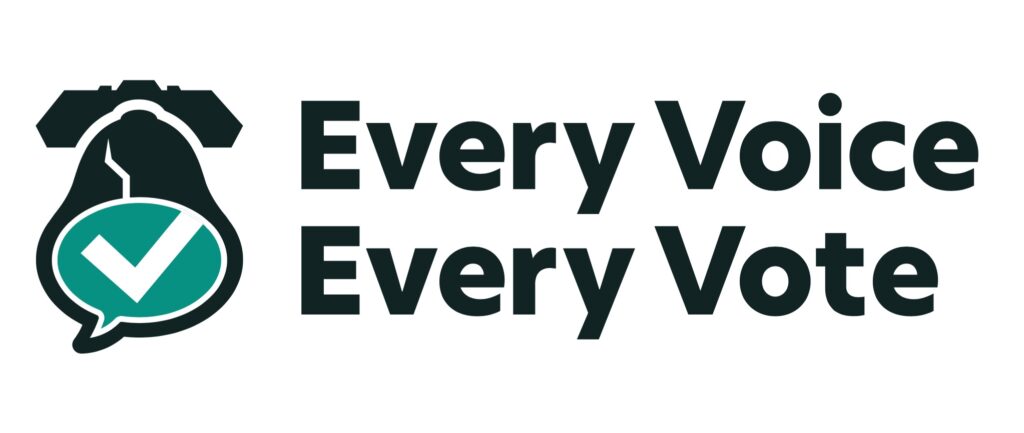Palak Raval-Nelson began her career with the City of Philadelphia as a health inspector — doing grunt work like checking expiration dates, which can save lives, and improving access to resources and education. Nearly 30 years later, she’s now the city’s Health Commissioner.
“As an immigrant and woman of color, each step forward meant not just professional growth, but also charting a path for others to follow. That first role taught me something invaluable — public health happens at the ground level, in our neighborhoods, and through daily interactions with our communities. Along the way, I pursued two additional degrees while raising three amazing children, proving that with determination and support, we can nurture both our families and our dreams,” Raval-Nelson, who is a proud single parent, posted to LinkedIn.
Raval-Nelson, who was born in India, came to the United States to pursue medical school but found herself enthralled by a more adjacent topic when she became immersed in learning about the intersection of public health and human rights.
Raval-Nelson told PGN that she’s passionate about that intersection because she was raised by people who were accepting of all and aimed to help others without imposing stigma or judgment based on differences. Although she wasn’t especially aware of the challenges LGBTQ+ people faced when she was young, her grandfather — who was a progressive governor in India — cultivated a supportive environment by meeting with trans constituents in his home.
Although she earned an undergraduate degree at Temple University before getting a master’s and doctorate from Drexel, much of her education has also come from on-the-job experiences — including in her role as the city’s deputy health commissioner, overseeing the AIDS Activities Coordinating Office (which became the Division of HIV Health during her tenure).
“When that division came into my portfolio, I quickly learned a lot,” she said — complimenting the many longtime experts who work for the department and taught her about HIV health and wellness.
“We have people in our city that are living and hopefully thriving with HIV. It’s not where we were,” she added — reflecting on how far Philadelphia has come in efforts to improve outcomes and experiences. “It’s also about sexual health. It’s about acceptance. It’s about doing the work to get folks the upstream solutions that they need to live healthy and to thrive in our city.”
Raval-Nelson acknowledged the need to support especially marginalized populations who are affected by HIV — an issue addressed in the most recent HIV Surveillance Report, which highlights some progress made but also much room for improvement.
Mayor Cherelle Parker has been criticized for her decision to defund needle-exchange programs, which public health experts have warned could contribute to an uptick in HIV infections. Raval-Nelson called this a “shift in funding” as the administration is now “aggressively working with philanthropy” to raise the money needed to continue that work as the Department of HIV Health identifies “upstream solutions” to address contributing issues.
“We need to use all the tools in our toolbox of public health to figure out how we do the best to prevent new infections, how we provide the services that we need to,” she underlined.
Raval-Nelson supports efforts to improve the social determinants of health, including efforts to help LGBTQ+ people and those living with HIV to find steady jobs, homes and access to treatment as well as broader healthcare services.
She said increasing access to that support through the new Riverview Wellness Village — a 336-bed facility that provides housing and other services to people who have completed inpatient programs for drug use — will result in “healthier individuals who are thriving.”
Philadelphians should expect a concrete plan to address HIV within the next few months, once Raval-Nelson settles into her role. But she believes the city is on track to achieve its goal of “ending” the HIV epidemic by significantly reducing new transmissions.
“Despite everything else happening around us, we are staying steadfast and focused on the work and we are now more than ever committed to ending the HIV epidemic,” Raval-Nelson said. “And so we are headed in the right direction. We are also being very creative and using all of the tools in our toolbox, and as we need to to carry forward our good work and our mission.”
She noted that Philadelphia is still known as the “poorest big city” in the United States — which is why she’s prioritizing the need to launch new health centers in health care deserts and doubling down on the programs and resources she already knows are a success.
“Public health is a basic human right — and that includes everything from clean air, clean water, safe food, access to health care, equitable treatment regardless of ethnicity, race, gender [and] orientation,” she explained. “We need to make sure that in the background, we’re tracking our social determinants of health. We are making sure that Philadelphians have access to what they need to thrive.”
During the pandemic, Raval-Nelson heard from LGBTQ+ business leaders who “needed a seat at the table” during discussions about how to mitigate the crisis by both protecting people and supporting local eateries. She said she hopes the same types of dialogues continue with the LGBTQ+ community as needs or issues arise today, including in response to the Trump administration’s efforts to erase queerness from American vernacular and public life.
“We can’t speak to what might be, but once there’s something solid to talk about that is affecting us directly, we’ll be able to respond,” she said. “But until then — and even then, we’re going to continue. Public health is a basic human right.”
“I’m committed to keeping the residents of Philadelphia safe and healthy. That’s the bottom line, and that’s also all-inclusive,” she said. “We’re a welcoming city.”


